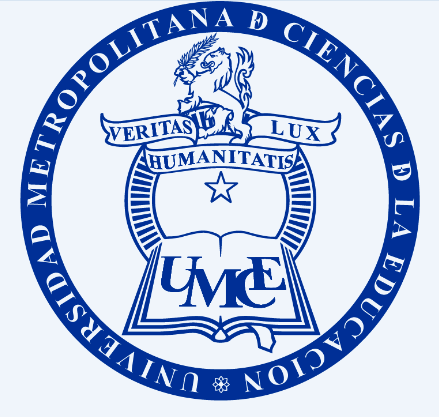Main Article Content
Jul 21, 2023
Abstract
This paper seeks to understand the relationship between the concepts of freedom and passion in the existentialist philosophy of the French philosopher Jean-Paul Sartre. This relationship is problematic because although the philosophical tradition tended to conceive the human person as an essentially free being, since at least the nineteenth century some positions that questioned that hegemonic conception emerged with great force, defending determinisms of the most diverse types (social, cultural, economic, biological, among others). The text explains why Sartre denies the biological explanation of the passionate phenomenon and the introduction of the unconscious made by Freudian psychoanalysis. In short, it delves into why existentialism does not believe in the power of passion and, therefore, defends the radical freedom of the human person.
Downloads
Policies for open access journals
Authors who publish here accept the following terms: Authors will keep their copyright and will guarantee the journal the right to the first publication of their work, which will be subject to the Licence of Creative Commons acknowledgement, which allows for the use of this material only if the authorship is credited and the original source is acknowledged (the journal’s URL), and if it is not used with commercial ends and with any derivations of the original work.
Authors may adopt other non-exclusive license agreements of distribution of the published version (e.g. to save it onto a digital institutional archive or publish it in a monographic volume) only if the initial publication of this journal is indicated.
It is permitted and recommended for authors to divulge their work on the Internet (e.g. institutional digital archives or webpage) before and during the submission process, which may lead to interesting exchanges and increase the citations of the publication. (See Open Access Effect).






